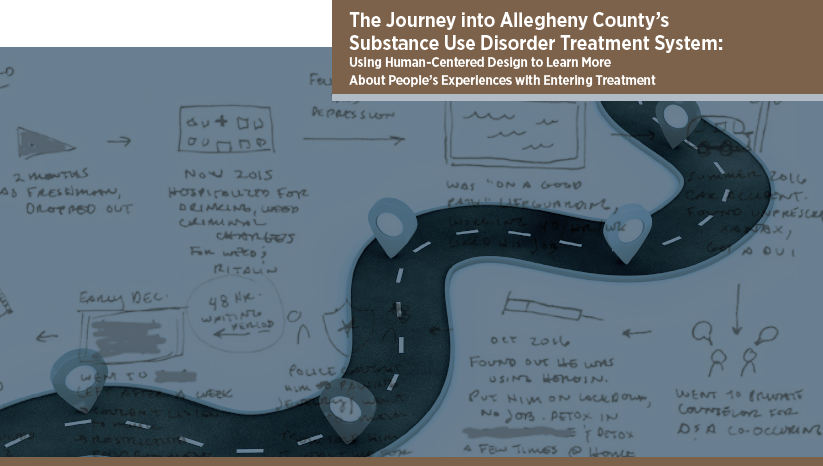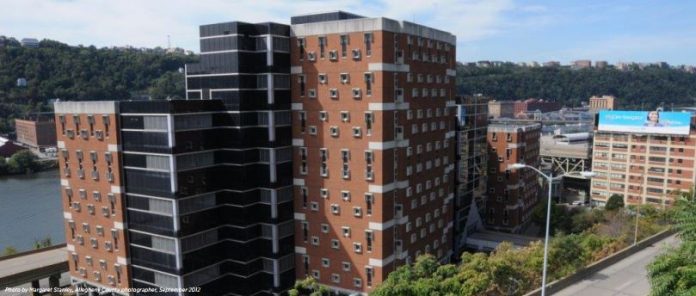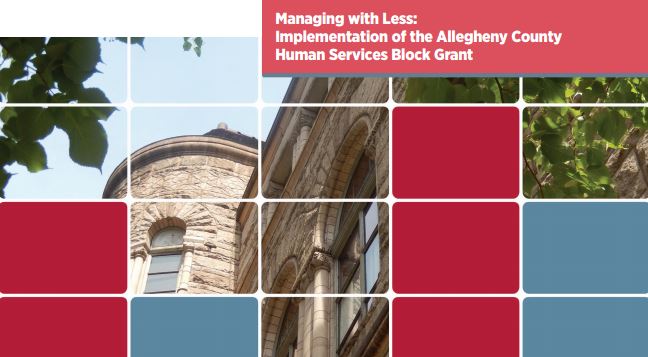Throughout the United States, people experiencing behavioral health challenges are overrepresented in the criminal justice system and Allegheny County is no exception. To better understand the state of our current system and to learn more about promising approaches in other jurisdictions, Allegheny County sought an independent evaluator to conduct a study. From among a number of proposers, the county selected researchers from the University of Pittsburgh who interviewed dozens of stakeholders, analyzed justice system data, examined models from other jurisdictions, and solicited feedback through a series of workshops.
Click on the links above to learn more about the researchers’ findings and recommendations:





